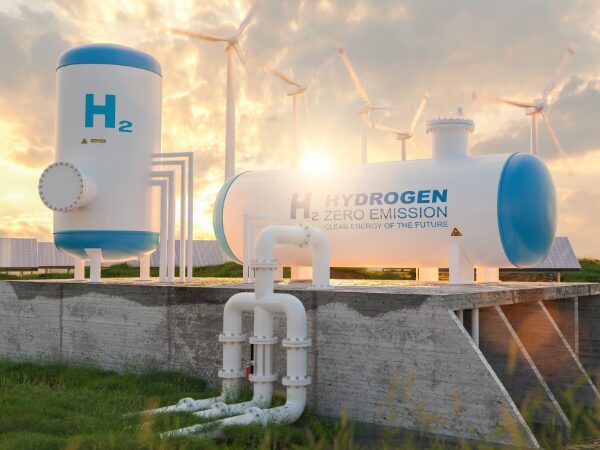Starting a new business is an exciting venture, but securing funding can be a daunting task. Fortunately, for Canadian entrepreneurs, there are various government grants available to provide financial support and propel your business forward. In this comprehensive guide, we’ll walk you through the essentials of government grants in Canada, helping you understand the types of grants, eligibility criteria, application processes, and much more.
Understanding the Landscape of Government Grants
Before diving into the specifics, it’s crucial to grasp the landscape of government grants in Canada. These grants are typically offered by federal, provincial, and municipal governments, each with its own set of programs tailored to support businesses at different stages of development. Additionally, there are industry-specific grants designed to stimulate growth in key sectors.
Types of Government Grants for New Businesses
Government grants for new businesses in Canada come in various forms, addressing different needs and sectors. Here are some common types:
- Start-up Grants: These grants are aimed at supporting entrepreneurs in the early stages of their business journey. They often cover expenses like equipment purchases, marketing, and initial operating costs.
- Innovation Grants: For businesses involved in research and development, innovation grants provide financial support to encourage the creation of new products, processes, or services.
- Export and Trade Grants: Businesses looking to expand internationally can benefit from grants that support export and trade activities. These grants may cover market research, trade show participation, and international marketing efforts.
- Green Business Grants: With a focus on sustainability, these grants are designed to encourage environmentally friendly practices. Eligible projects may include energy-efficient upgrades, waste reduction initiatives, and eco-friendly product development.
Eligibility Criteria: Navigating the Requirements
Determining your eligibility for government grants is a crucial step. Eligibility criteria can vary widely based on factors such as your business size, industry, location, and objectives. Common requirements may include:
- Business Type: Some grants are industry-specific, catering to businesses in technology, agriculture, healthcare, or other sectors. Ensure your business aligns with the targeted industry for a particular grant.
- Business Size: Certain grants may be tailored for small and medium-sized enterprises (SMEs), while others focus on larger corporations. Review the criteria to confirm your business size eligibility.
- Location: Some grants are region-specific, encouraging economic development in particular areas. Verify if your business location aligns with the grant’s geographical scope.
- Business Goals: Clearly outline your business goals and how they align with the objectives of the grant. Whether it’s job creation, innovation, or community development, demonstrating alignment is crucial.
How to Build a Strong Grant Application as a New Business?
Once you’ve identified suitable grants and confirmed your eligibility, the next step is to prepare a compelling grant application. While specific requirements may vary, here are key documents commonly requested:
- Business Plan: A comprehensive business plan outlines your company’s mission, vision, market analysis, and financial projections. This document provides a roadmap for your business and reassures grant providers of your strategic approach.
- Financial Statements: Grants often require a review of your financial health. Prepare recent income statements, balance sheets, and cash flow statements to showcase your business’s financial stability.
- Project Proposal: Clearly articulate the purpose of the grant and how the funds will be utilized. Provide a detailed project proposal that outlines the specific activities, timelines, and expected outcomes.
- Supporting Materials: Depending on the grant, additional materials such as letters of recommendation, partnership agreements, or resumes of key team members may be required.
How do New Businesses Find Grant Opportunities?
Now that you’re armed with a strong application, the next challenge is finding the right grant opportunities. Here are effective ways to navigate the application process:
- Online Grant Databases: Online databases, like FundScan, compile information on government grants and funding programs. These platforms can match you with funding opportunities in seconds.
- Government Websites: Start by exploring official government websites at the federal, provincial, and municipal levels. These sites often provide comprehensive information on available grants, eligibility criteria, and application procedures.
- Business Support Organizations: Local business support organizations, chambers of commerce, and industry associations can be valuable resources. They often have newsletters and other information on grants and may offer assistance in the application process.
- Consulting Professionals: Seeking advice from professionals such as Leyton’s grant consultants, can enhance your understanding of the application process and increase your chances of success.
Navigating the world of government grants as a new business owner can be challenging, but with the right knowledge and professional guidance, you can increase your chances of securing valuable funding.
Want to know if your business is eligible for government grants?
If you are hoping to secure a grant for your new business, at Leyton, our experts can help you develop a compelling application without disrupting your day to day activities. Schedule a free consultation with one of our consultants now!





